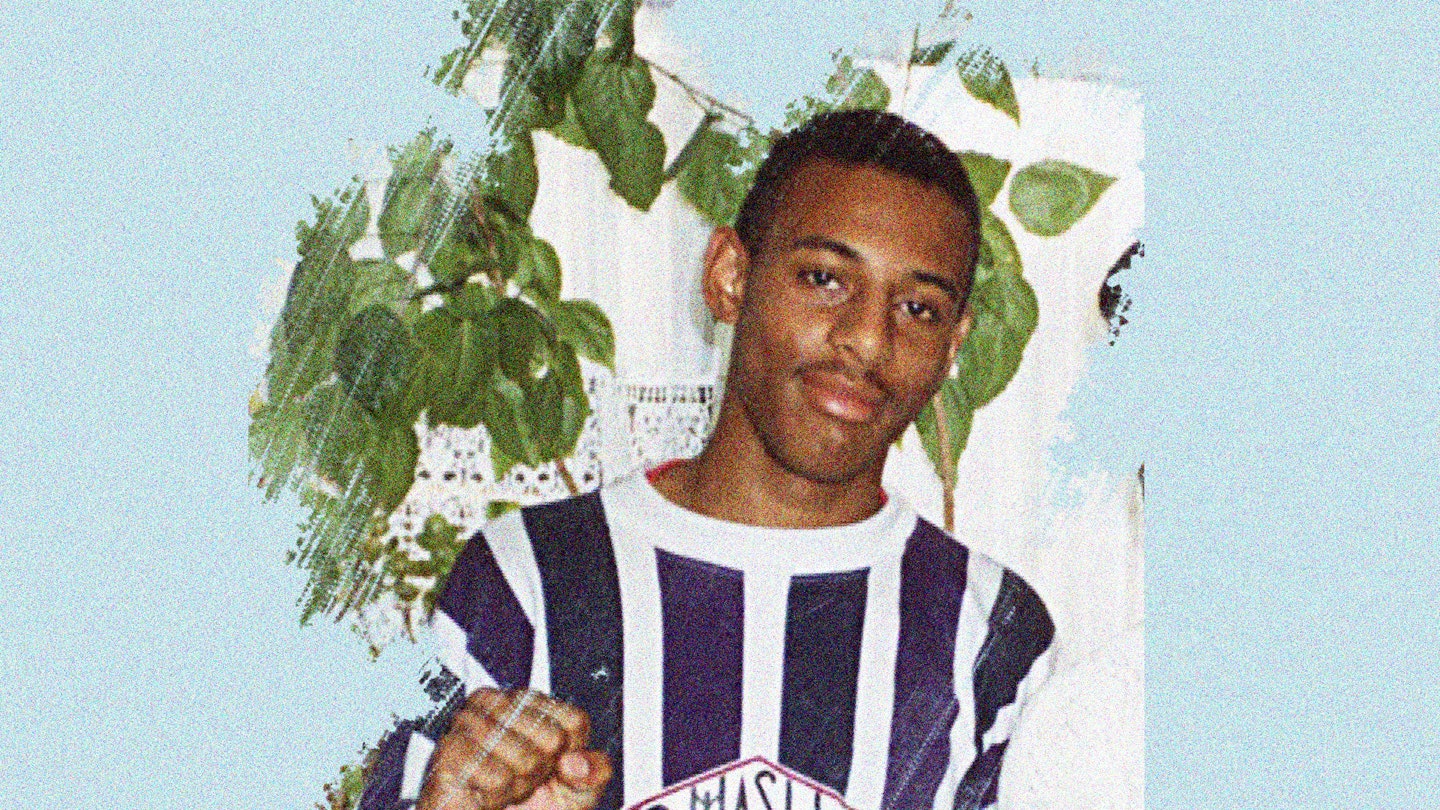‘I think people see me, they think she’s done so well, she’s been so strong’, explains Doreen Lawrence. Her son, Stephen Lawrence was murdered 25 years ago on 22 April 1993, in a racist attack in Eltham, London. ‘But that’s not the case’, she adds. ‘You know, behind the scene I was a wreck’.
In a new three-part BBC documentary, Stephen: The Murder That Changed A Nation, Baroness Doreen Lawrence OBE, recounts the years she spent spearheading the fraught and complicated quest for justice after 18-year-old Stephen was stabbed to death by a group of five young white men while waiting for a bus home with his friend Duwayne Brooks.
Doreen spent years fighting and campaigning for the prosecution of the five young men – bothers Neil and Jaime Acourt, David Norris, Gary Dobson and Luke Knight, who were suspected of killing her son - when the police and the justice system failed so dramatically to do so. Despite the grief and despair that most of us would ever be able to imagine, despite ongoing responsibilities to her other two children Stuart and Georgina and increasingly strained relationship with then husband Neville Lawrence, and despite an overwhelming lack of support from the systems in place to protect our shared communities, Doreen pursued.
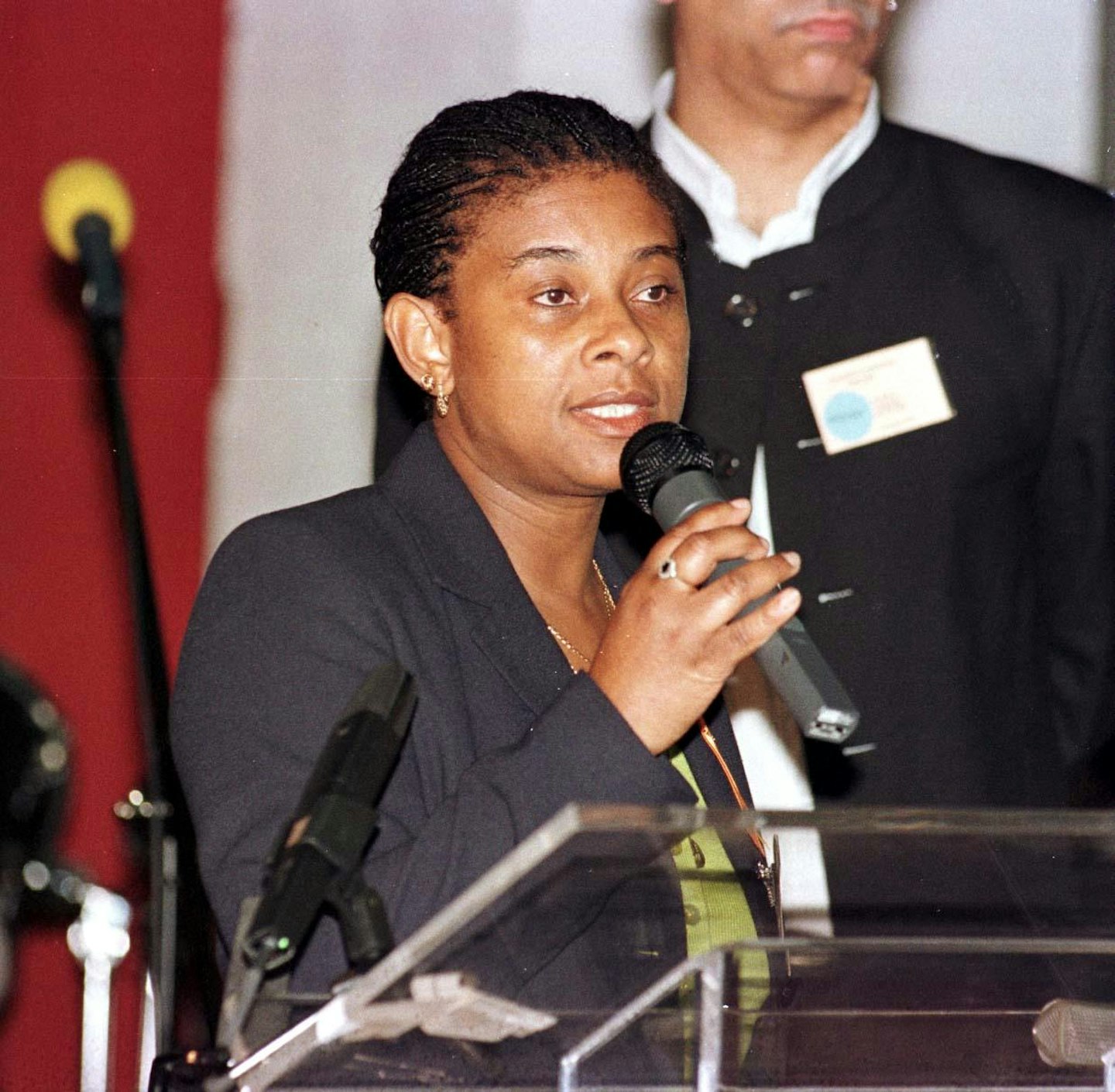
But that pursuit came with incomprehensible, though disappointingly unsurprising criticism. Former senior Metropolitan police detective Bill Mellish took over the investigation into Stephen’s murder in July 1994, over a year after it had happened. In this time, the suspects had been eventually arrested (seemingly prompted by an action spurring high-profile visit by South African president Nelson Mandela who spoke in support of the Lawrence’s) and the charges had subsequently been dropped by the Crown Prosecution Service, prompting the Lawrence family to start a rare and risky private prosecution against the prime suspects Neil Acourt, Knight and Dobson.
When we’re shown footage from press conferences, interview appearances and court hearings, Doreen is incredible. She holds a level of command and control that the best of us could only dream of having even without the weight such huge grief on our shoulders. Doreen speaks clearly and fervently about what happened to her son, where the system has failed and why she won’t rest until her Stephen’s murderers pay for what they’ve done. However, because she isn’t jolly or smiley (why on earth would she be?) but instead earnest and objective, ex-detective Mellish describes her demeanor as a ‘gimmick’.
‘It was unrelenting criticism, not a smile’, Mellish says in the documentary. The criticism he’s referring to being of his police force's inability to pursue the case at the time of the murder. ‘That was her gimmick, not a smile.’
I’m not sure what precisely it is that Mellish thinks Doreen Lawrence had to smile about, or why not plastering a grin on her face in the aftermath of what became such a long and dramatically botched murder cases quantified as an attention-hungry trick. Neither am I sure what sort of other ‘performance’ he expected Doreen to give on the decades long trail of knock backs while trying to find peace and justice after the racially motivated murder of her 18-year-old son. But it’s this sort of opinion that tells black women that they’re not allowed to publically feel or express themselves authentically.
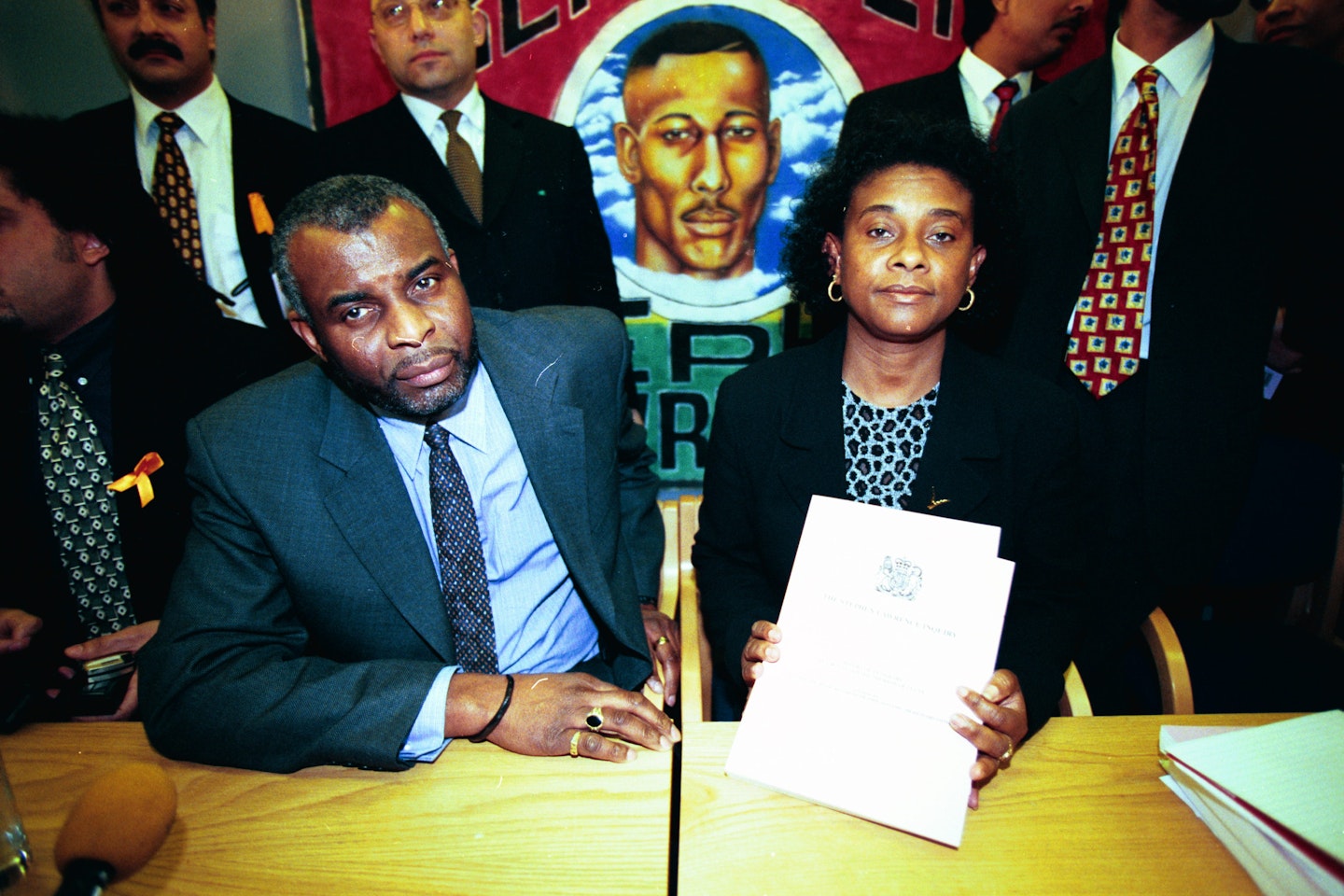
For years, black women have carried the stereotypes of being angry, loud and brash. To this day, these are all caricatures that we actively find ourselves having to if not contradict, at the very least avoid to save from submitting to the persona that has systematically been used to discredit any woman of colour with a platform. So, this image of the grieving mother; not shouting, not aggressive and not duly animated against such a chaotic backdrop, perhaps went against the grain of the expectations that Mellish (who considers the evidentially proven claim of institutional racism within the police force 'utter rubbish') might've had.
Actress Marianne Jean-Baptiste played Doreen in the 1999 film The Murder Of Stephen Lawrence. Speaking in the BBC documentary she explained that this notion of picking up the pieces and charging forward without letting emotion get in the way is nothing new, of course. 'Cause you get up and you keep going', she says. 'We've done it for generations, black women. You just have to keep going'. And black women are, and will continue to do so as we continue to mourn the senseless killing of black men in the world. And wearing an audience pleasing smile isn't part of that process.
Retracing Doreen's experiences in today's climate of post-Brexit, Black Lives Matter and a new relentless spout of knife crime in Britain, reminds us how depressingly little has changed. We're still mourning the deaths of our unarmed, innocent black sons, fathers, brothers, uncles, and all the while we're still expected to maintain face, keep calm and carry on while institutional, systematic racism continues to rumble away in the background. But the change that has been affected such as the Macpherson Report, the criminalisation of discrimination within the police force, the changing of legislation that allowed Dobson and Norris to be re-tried and eventually imprisoned, couldn't have happened without Doreen's determination to keep going at whatever cost.
Bob Mellish doesn't think that Doreen Lawrence is anything special. 'I think aided and abetted by her legal team she was a formidable force.' he said. 'I don’t think in her own right she was ever a formidable force’. But he's wrong. Doreen is one of the most formidable people in black British history and she symbolises an innate resilience within black women as well as the wider black community that we can only hope continues to resonate deep enough to affect further change as a new generation carries her fight for justice forward.
The three-part documentary series Stephen: The Murder That Changed A Nation is available to watch on BBC iPlayer now
MORE: Meet The Millennials Still Pushing For Progress
Debrief Meet The Millennials Still Pushing For Progress
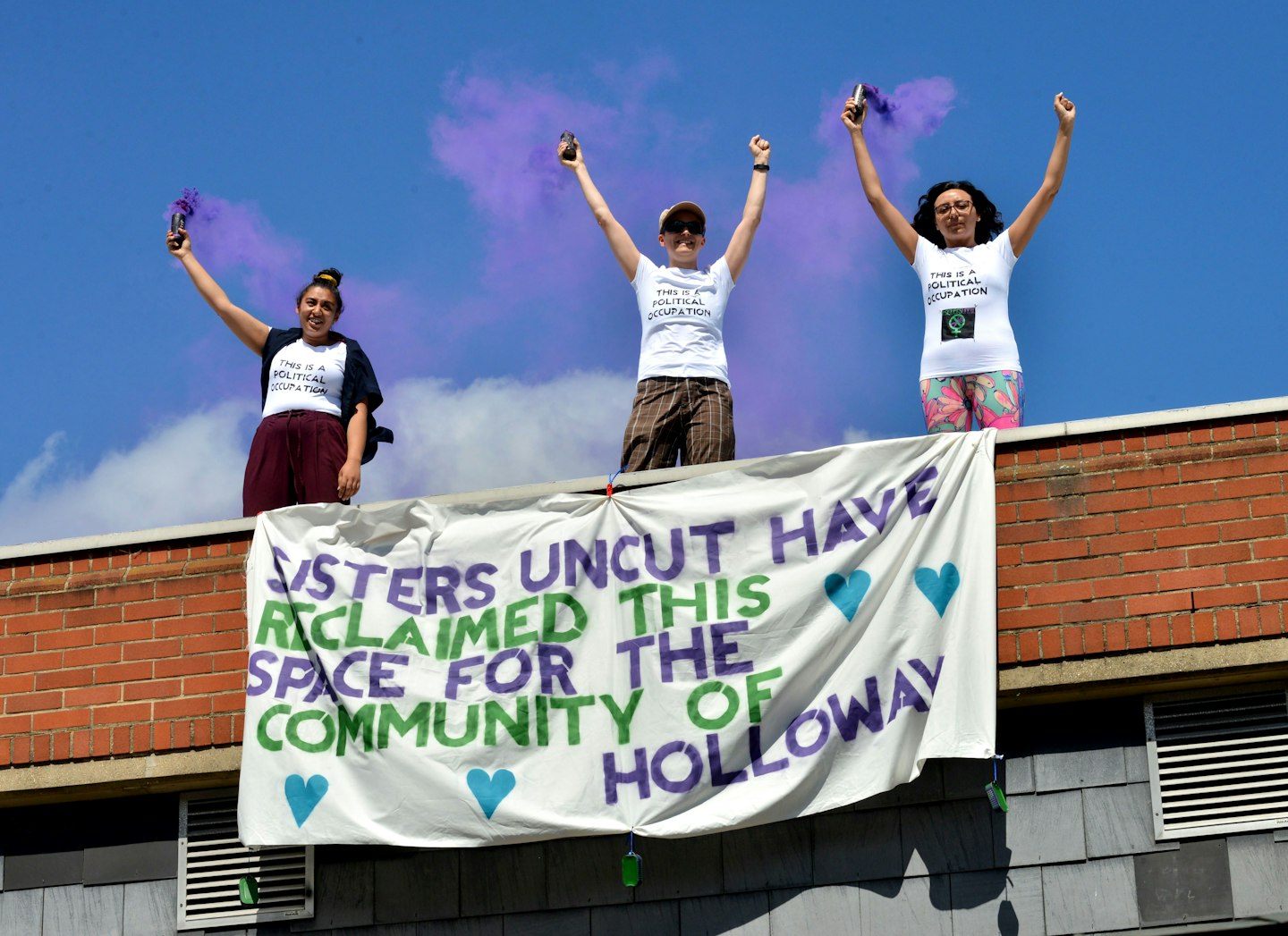 1 of 10
1 of 10Sisters Uncut
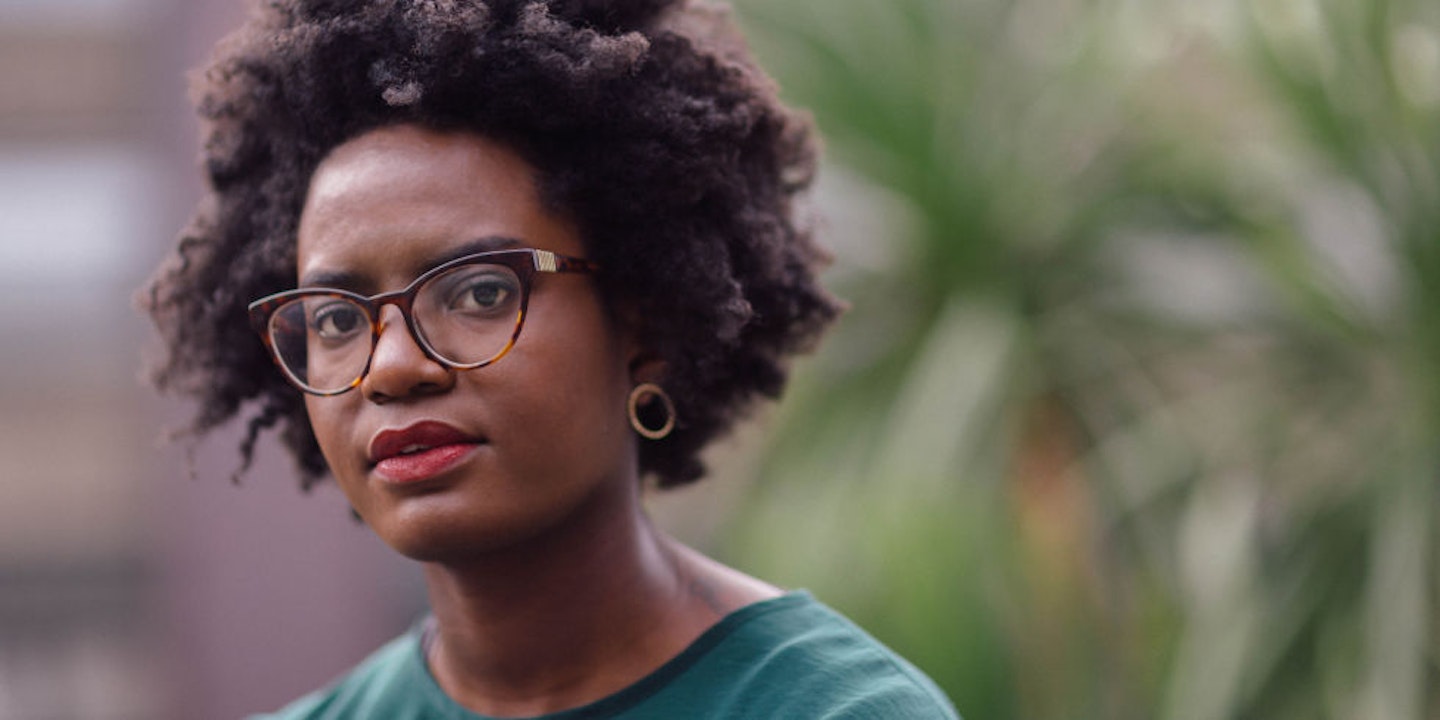 2 of 10
2 of 10Reni Eddo-Lodge
 3 of 10
3 of 10Ruby Tandoh
 4 of 10
4 of 10Junior Doctors
 5 of 10
5 of 10Charlie Craggs
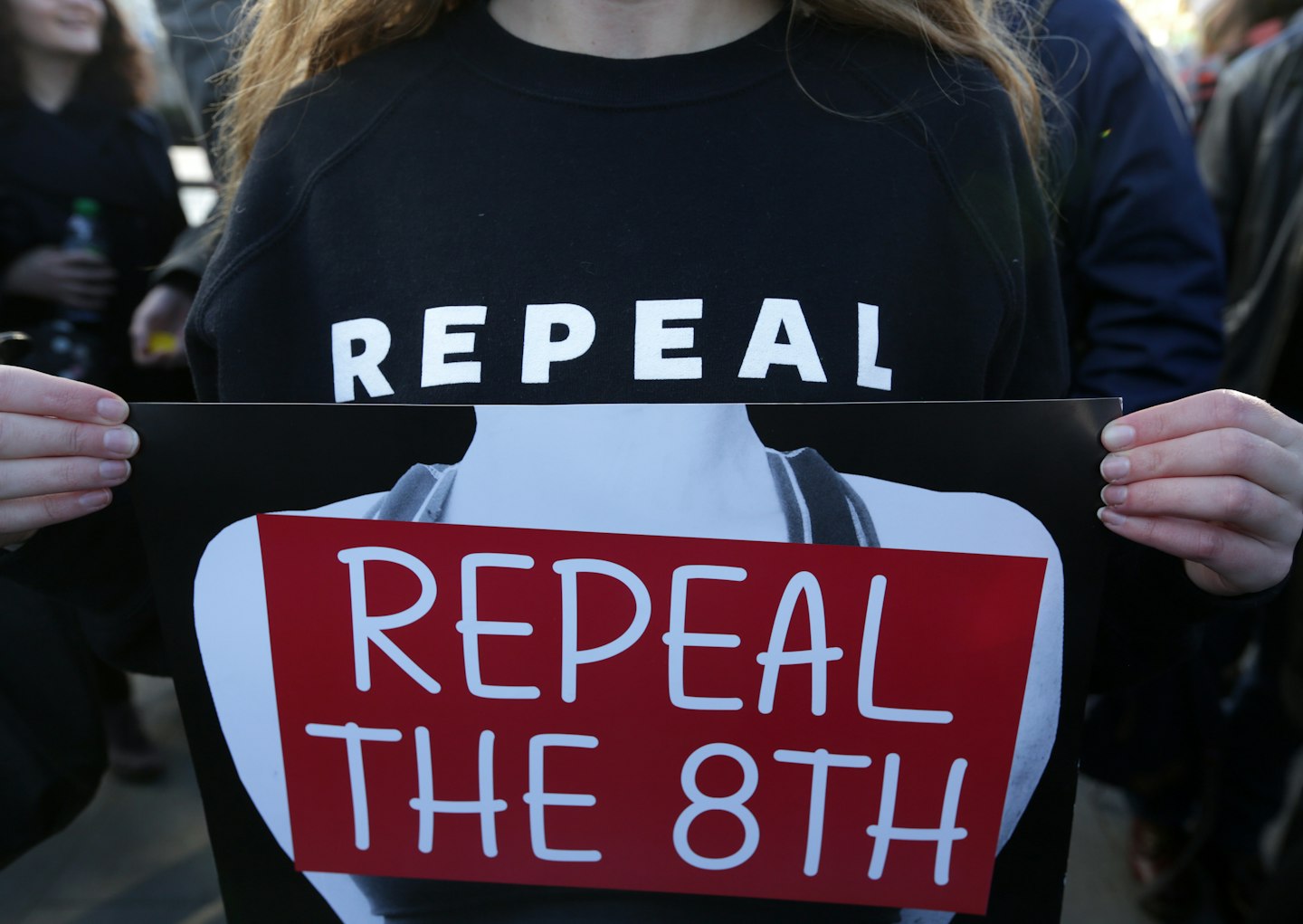 6 of 10
6 of 10Repeal The 8th
 7 of 10
7 of 10Nimco Ali
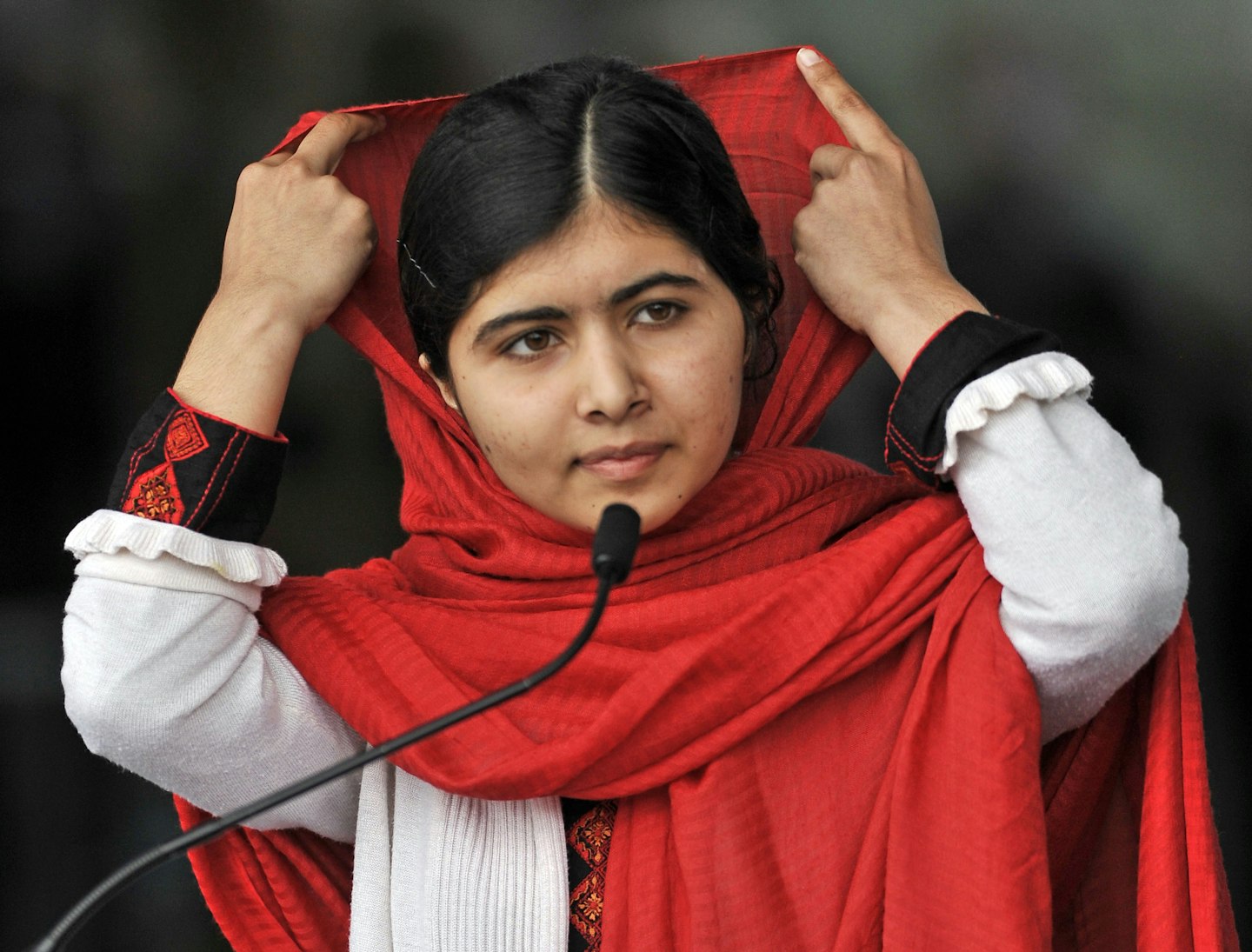 8 of 10
8 of 10Malala Yousafzi
 9 of 10
9 of 10Women Trainee Teachers
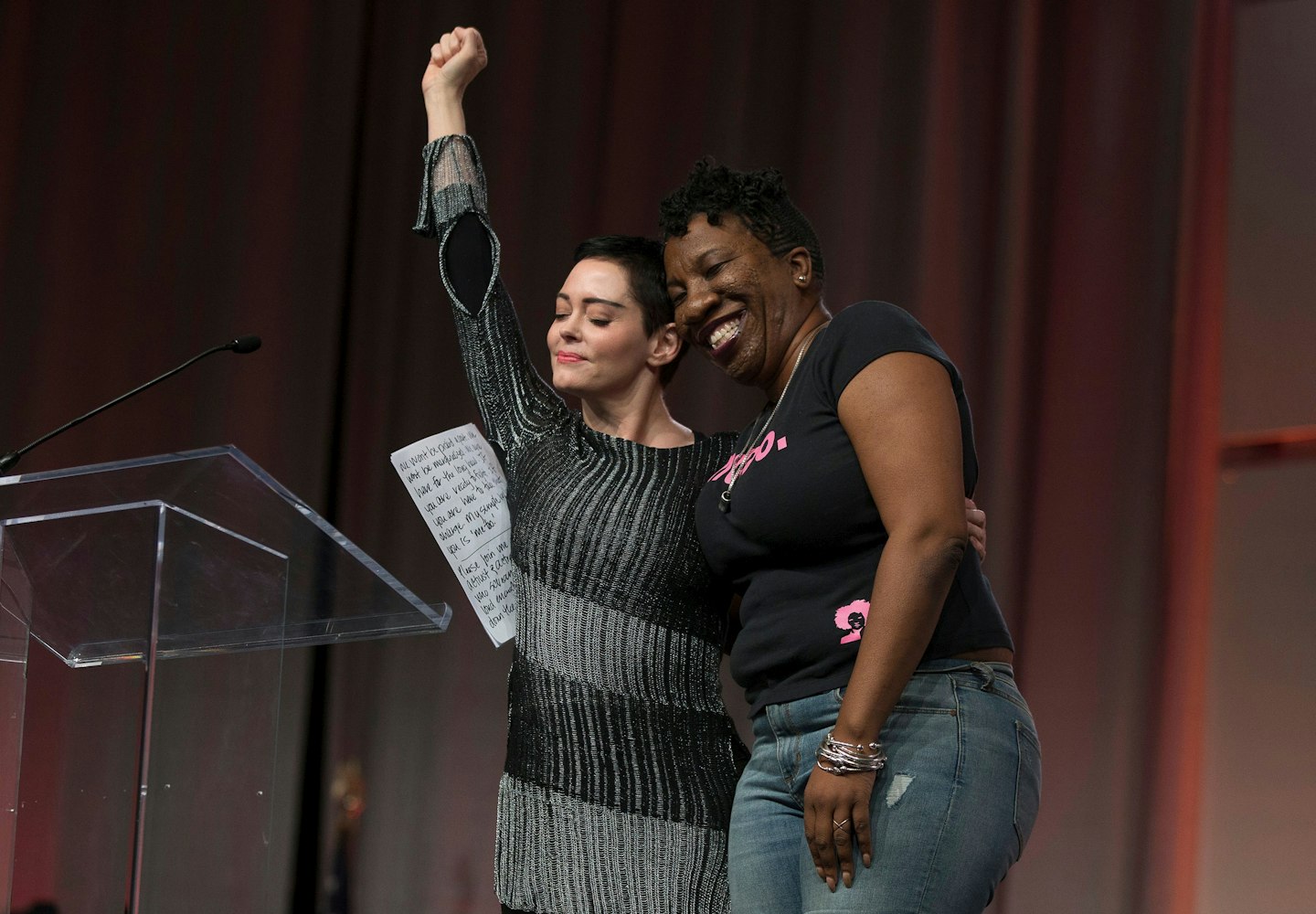 10 of 10
10 of 10#MeToo
Follow Jazmin on Instagram @JazKopotsha
This article originally appeared on The Debrief.
